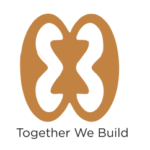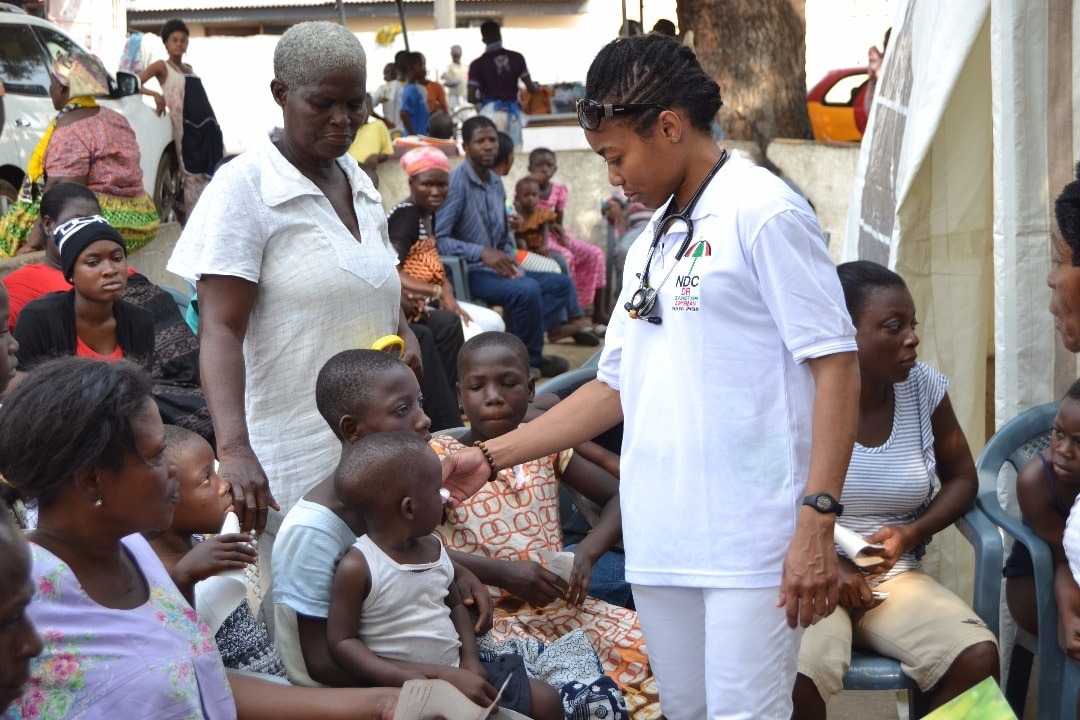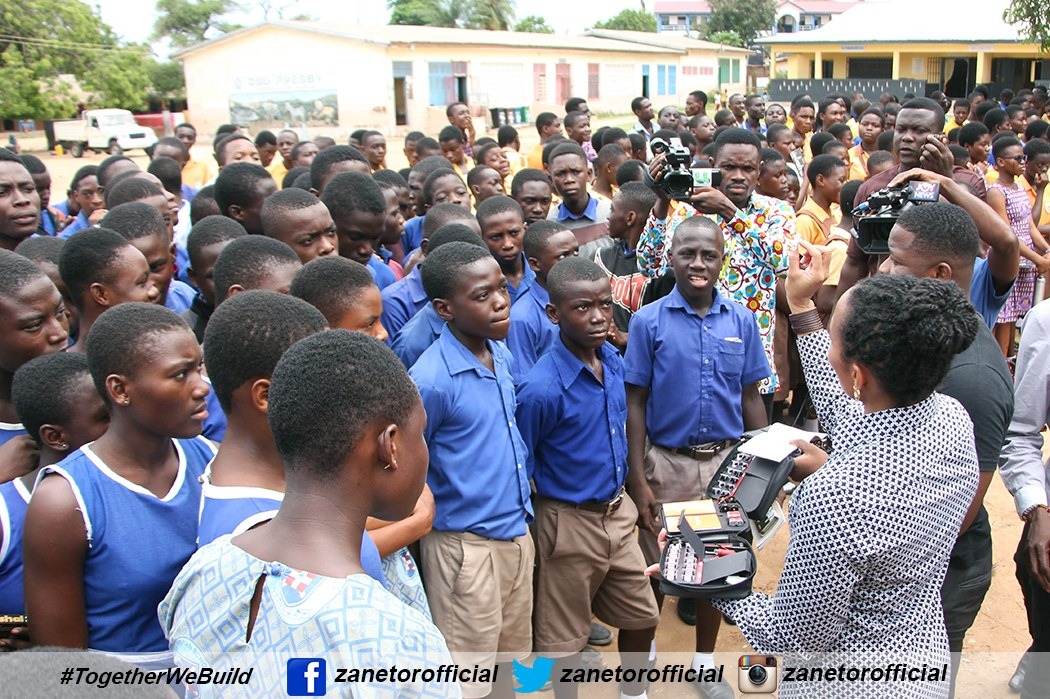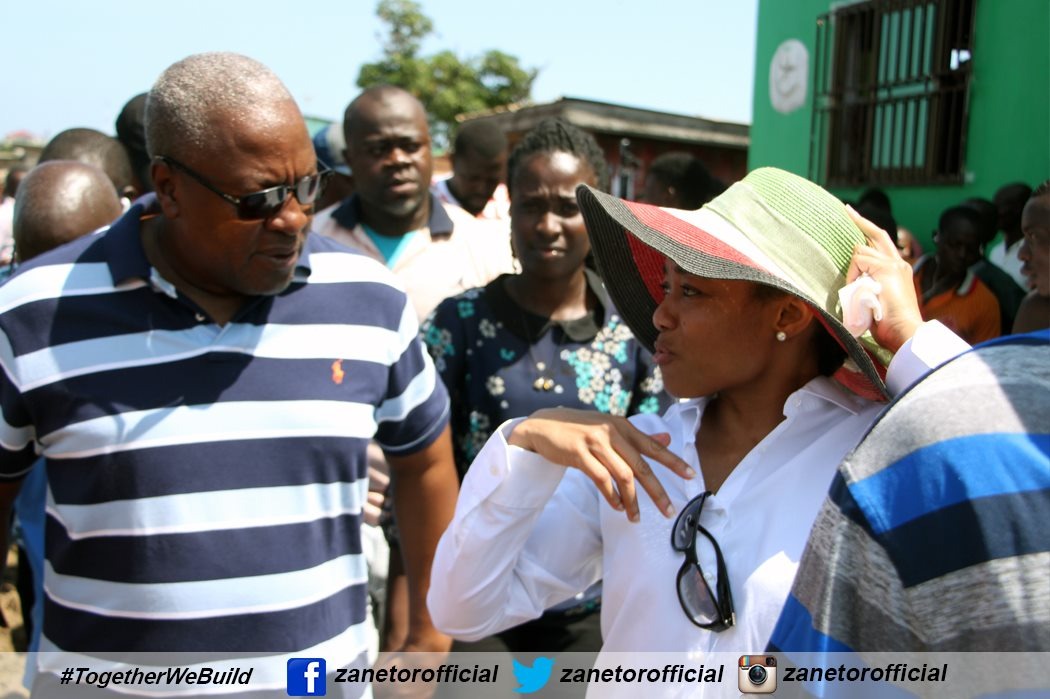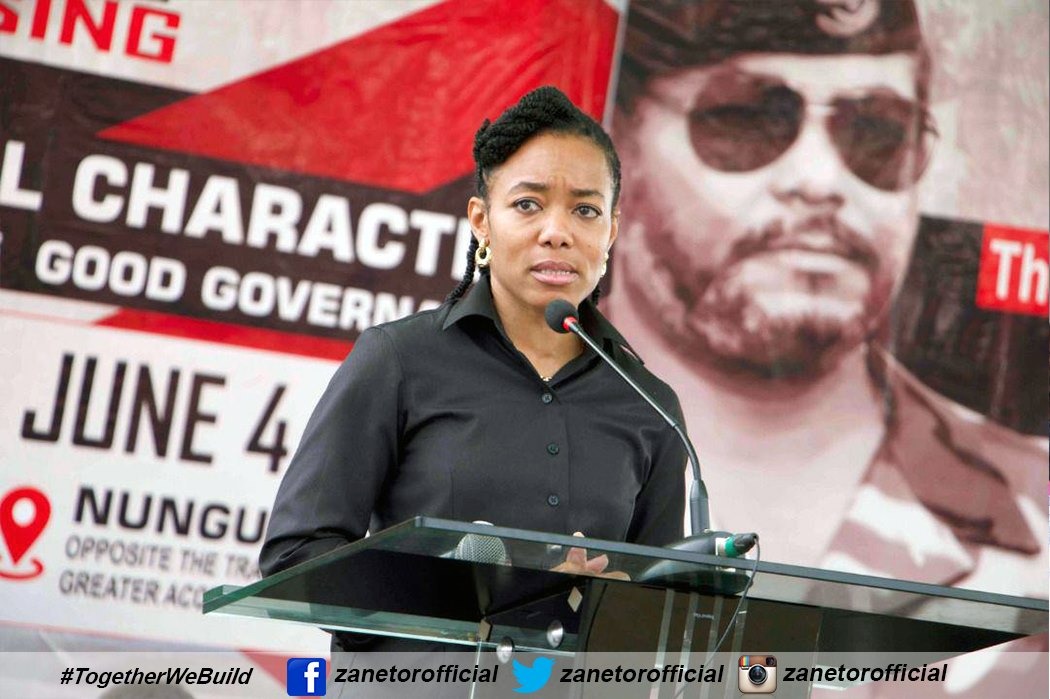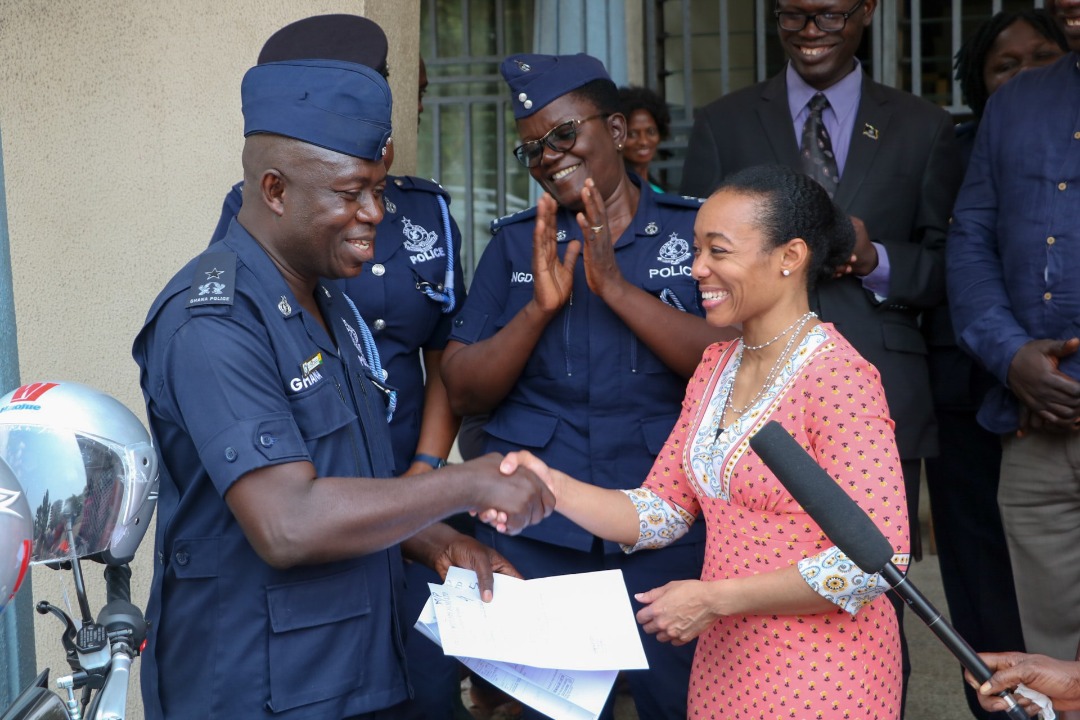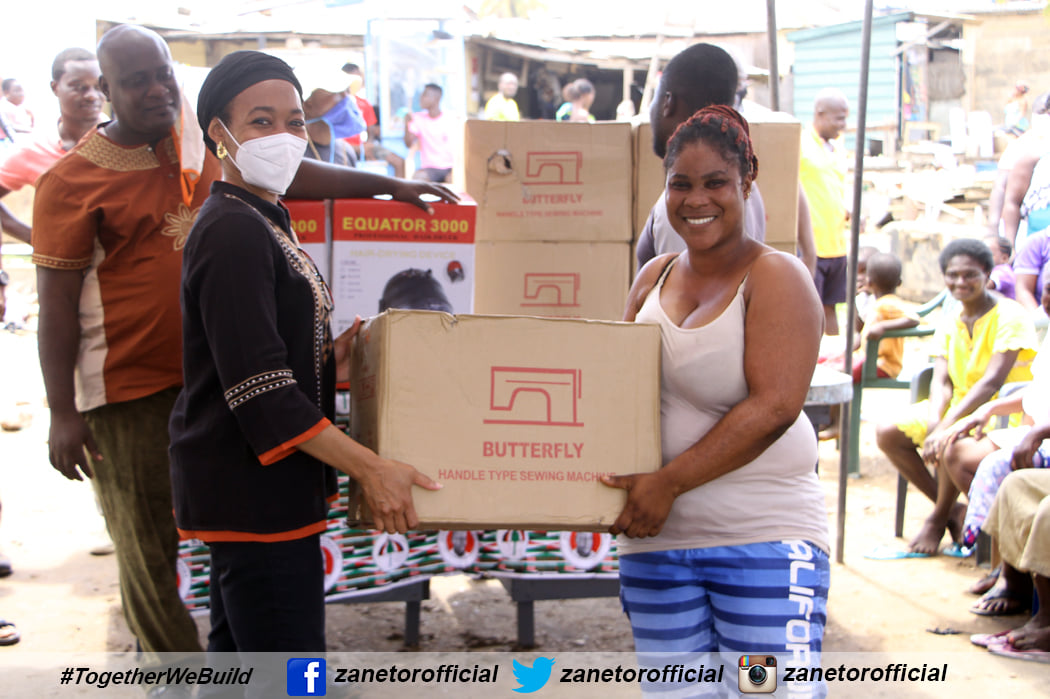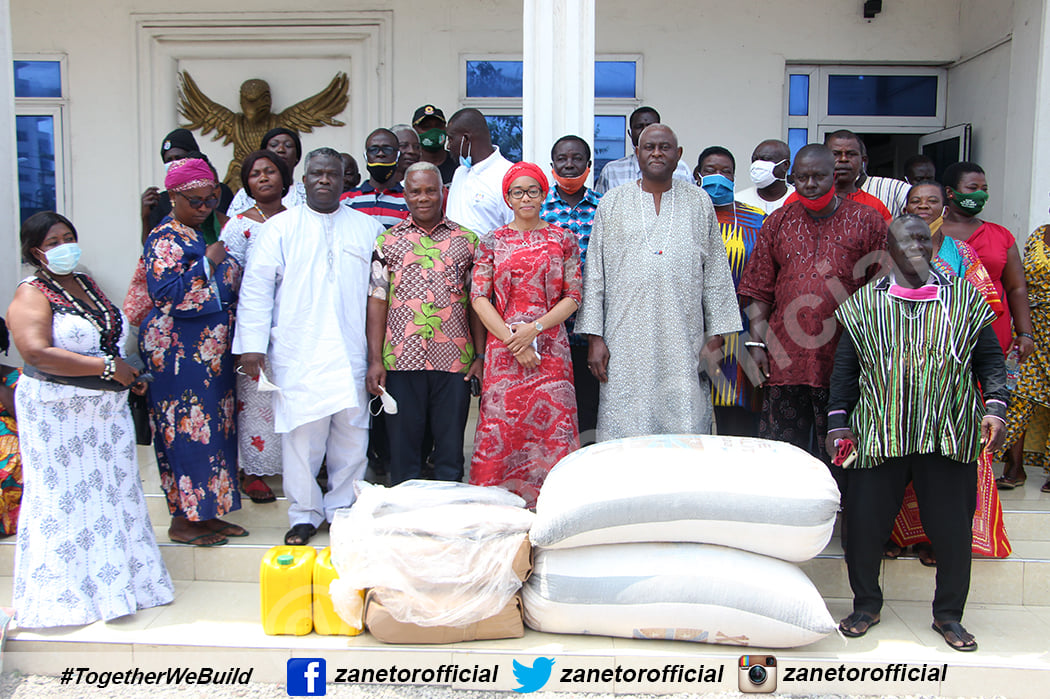How can we build consensus on national issues?
As a medical doctor, one of the most crucial aspects is history-taking; asking questions. Some open-ended and some leading. The answer to a question as broad as this demands that we ask ourselves more questions, engage in more reflection, retrospection and introspection as individuals and as a collective.
Who are we? Who are we not?
What is our code as a people?
Which of the values and principles are the immovable foundations of our nation state? Given that values do not happen by accident, but have to be worked at, which ones are non-negotiable?
What is our vision as Ghanaians?
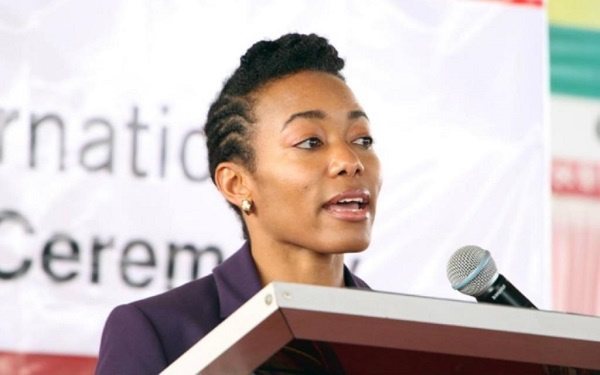
As a Nation-State, we must first identify what our priorities really are (even though these are clearly articulated in the ‘people’s constitution’, the 1992 Constitution of Ghana) and then decide that for the purposes of achieving our vision, we shall ‘ring-fence’ those sectors such as health, education, environment and security that are crucial to achieving this end. In other words, our security (economic, personal and national) and sustainable development must not be undermined by transitions of power from one political party to the next, nor must it be sabotaged by the zero-sum game that has become all too familiar in our body politic.
For example, are we prepared to allow our security services to maintain their integrity and loyalty to the State, rather than compromising them by turning them into partisan forces? After all, our Security Personnel whose reputation is world renown, are a crucial ingredient to the peace and stability and successive transitions of power that we have enjoyed under this Fourth Republic.
The manifesto of every political party must be aligned with our constitution, and the underlying principles and policies of the National Development Plan, otherwise it is in breach of our Constitution. Furthermore, policy change must be based on extensive research, rather than populism or political expediency in anticipation of elections in a four-year cycle. Policies and their implementation must have longevity and adaptability, rather than serve as tick-boxes for political party declarations.
We must engage in real capacity-building of our youth, women and person’s with disability that looks into the future with the protection of our environment in mind; after all, a nation state exists because of the people.
Our practice of Democracy
Our practice of Democracy, unwittingly creates the ‘us’ and ‘them’ scenario between the electorate and elected resulting in the ‘aban syndrome’ (Government used in the context of not being a part of governance), which then manifests itself as an abrogation of personal responsibility as citizens within the state. However, giving your vote to a person (or party) is not synonymous with the surrendering of your power as an individual – hence the entrenched provisions within the constitution, which cannot be changed without the endorsement of the majority of the people. We are not victims of our elections; we must demand accountability, social justice, inclusivity and all the other inalienable rights in our Constitution.
True consensus on national issues, demands a fine balance between collaboration and cooperation with a healthy dose of competition.
Are we prepared to prepared to plant seeds, and nurture them, knowing that we shall never rest in the shades of those? Are we, as the elected, prepared to look beyond the four year cycles in the interest of the next generation? Are we, as the electorate, willing to assess elected on the pillars of good governance as opposed to short term fixes that are meant to win votes? WE must strive to do so through the lenses of red, gold, green first and foremost, then all other things will follow.
The fact is that our Constitution really does have all the prerequisites for consensus based nation-building. We just have to make a choice to do things differently, because choice cannot exist without the will to do. We simply must commit ourselves as a people –not only in words, but in our actions- to address the vices of corruption, lawlessness, discrimination, political interference in the oversight roles of institutions mandated by the constitution, social injustice and political exclusion.
| M | T | W | T | F | S | S |
|---|---|---|---|---|---|---|
| 1 | 2 | 3 | 4 | 5 | 6 | 7 |
| 8 | 9 | 10 | 11 | 12 | 13 | 14 |
| 15 | 16 | 17 | 18 | 19 | 20 | 21 |
| 22 | 23 | 24 | 25 | 26 | 27 | 28 |
| 29 | 30 | 31 | ||||
